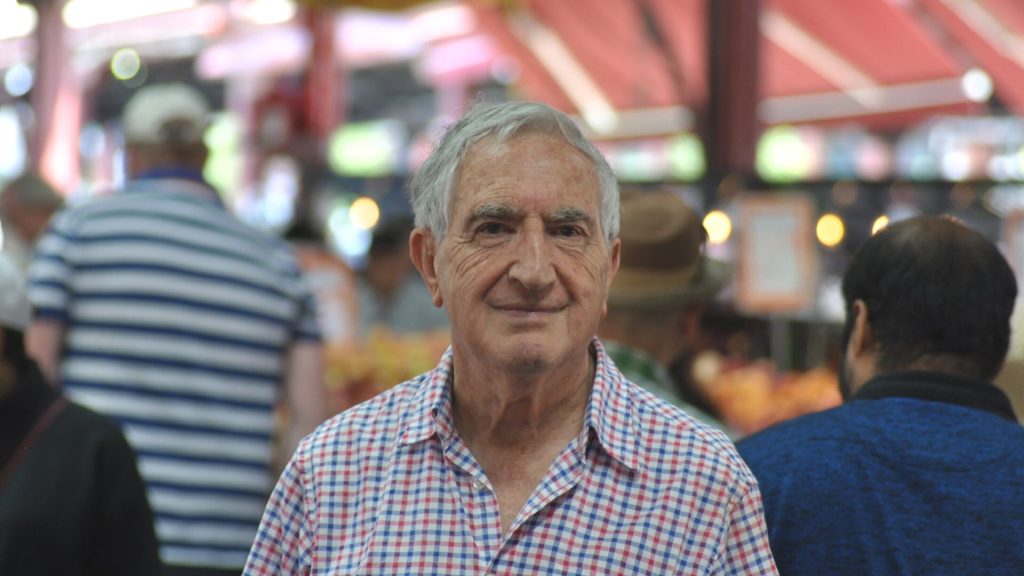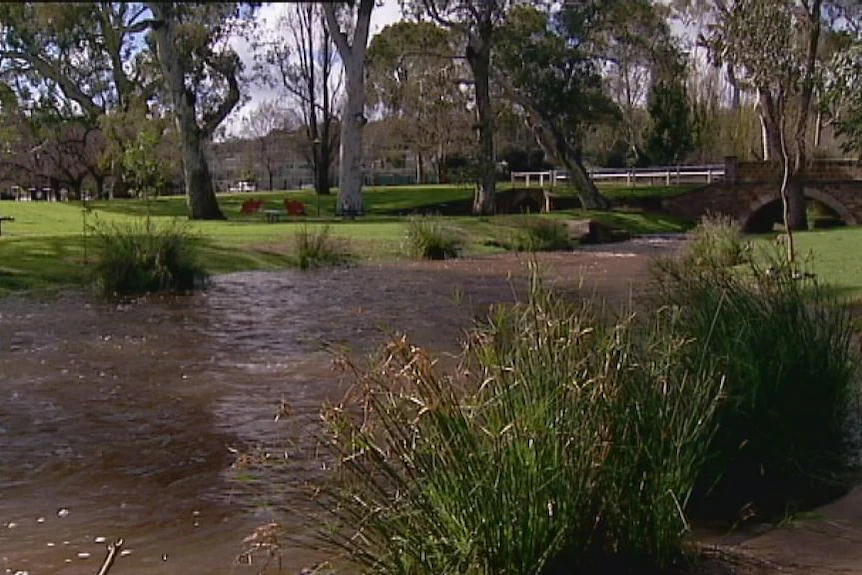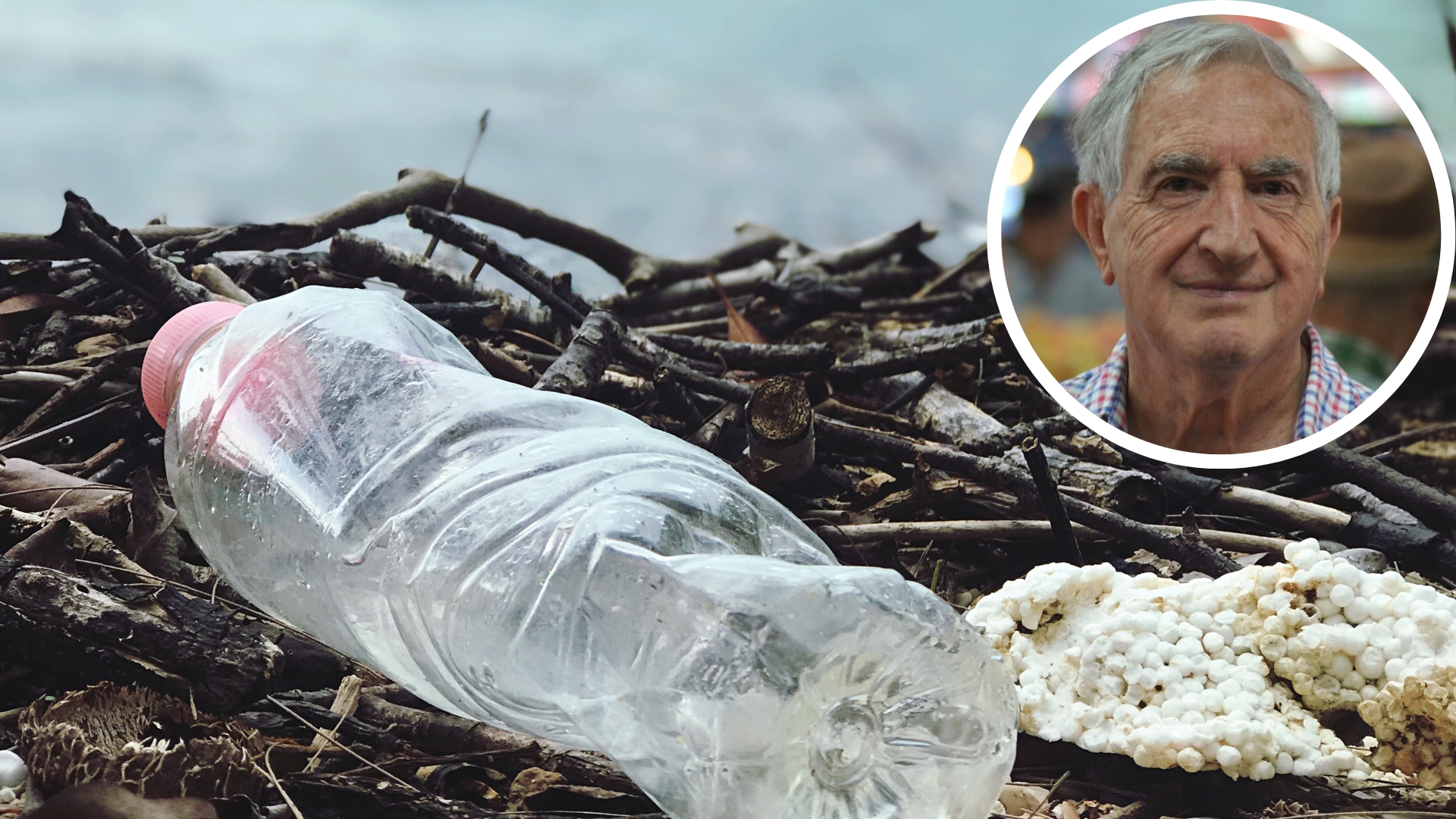Greek Australian, Professor Alfred Poulos, former consultant scientist at the Women’s and Children’s Hospital in Adelaide and researcher in microplastics and chemicals, says there are ways to reduce microplastic consumption.
Consuming microplastics or microfibres over long periods of time may be toxic or could make us sick. They are found in the breakdown or release of plastics, such as microwaving food in a plastic container.
Born in Australia to Greek parents, Professor Poulos has worked in universities, research institutes and hospitals in the UK, USA, Canada and Australia. He was the Chief Medical Scientist at Adelaide hospital for many years where he also published over 150 papers in the international scientific and medical journals.
According to ABC news, Professor Poulos says microplastics are in our drinking water and it is still unknown what the long-term affects of drinking ‘contaminated’ water, affected by plastic microfibres, may be.

A recent study by Flinders University found microplastics present in seven of Adelaide’s major freshwater streams, including Brownhill Creek.
SA Water made a statement regarding its 43 water treatment plants across the state. According to ABC news SA Water said, “The World Health Organisation advises that routine monitoring of microplastics in drinking water is not recommended.”
“Water treatment facilities are considered highly effective in removing particles of smaller size and at far higher concentrations than those of microplastics,” the statement said.

Professor Poulos was interviewed on ABC news where he commented on the recent study in Adelaide’s catchment areas and shared practical ways to reduce the consumption of microplastics.
“There’s no doubt that there are microplastics in water. It’s very difficult to do anything about it. Plastics can end up in the reservoir,” Professor Poulos he told the hosts.
“My underlying premise has been while non-toxic amounts of substances, pollutants don’t kill you, the trouble for us is we’re exposed over many, many years.”
Currently, there is insufficient evidence on the effects of microplastics on human health and we don’t know what the long term effect is, according to the professor. Microplastics do appear to be a problem with some fish and sea life, such as intestinal problems.
“When I buy oil these days, and I’ve been doing this for years, I make sure I buy it in a glass bottle. Avoid heating food up in plastic containers in the microwave and drinking from plastic water bottles,” Professor Poulos recommended.
Professor Poulos also encourages consumers to be conscious about buying food in plastic packaging and where possible to reduce plastic purchases. Try to re-use plastic bags again and again “as long as it’s not contaminated.”
Some plastics are not potentially toxic and some of them are, so choosing non-toxic plastics could help to reduce the consumptions of microplastics, the Professor further added.
Source: ABC news

